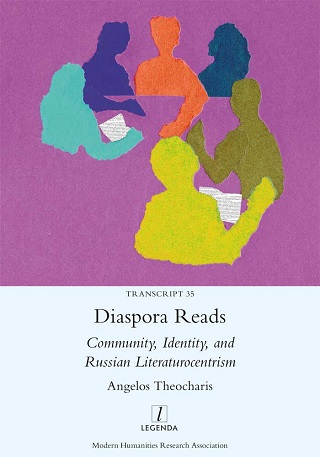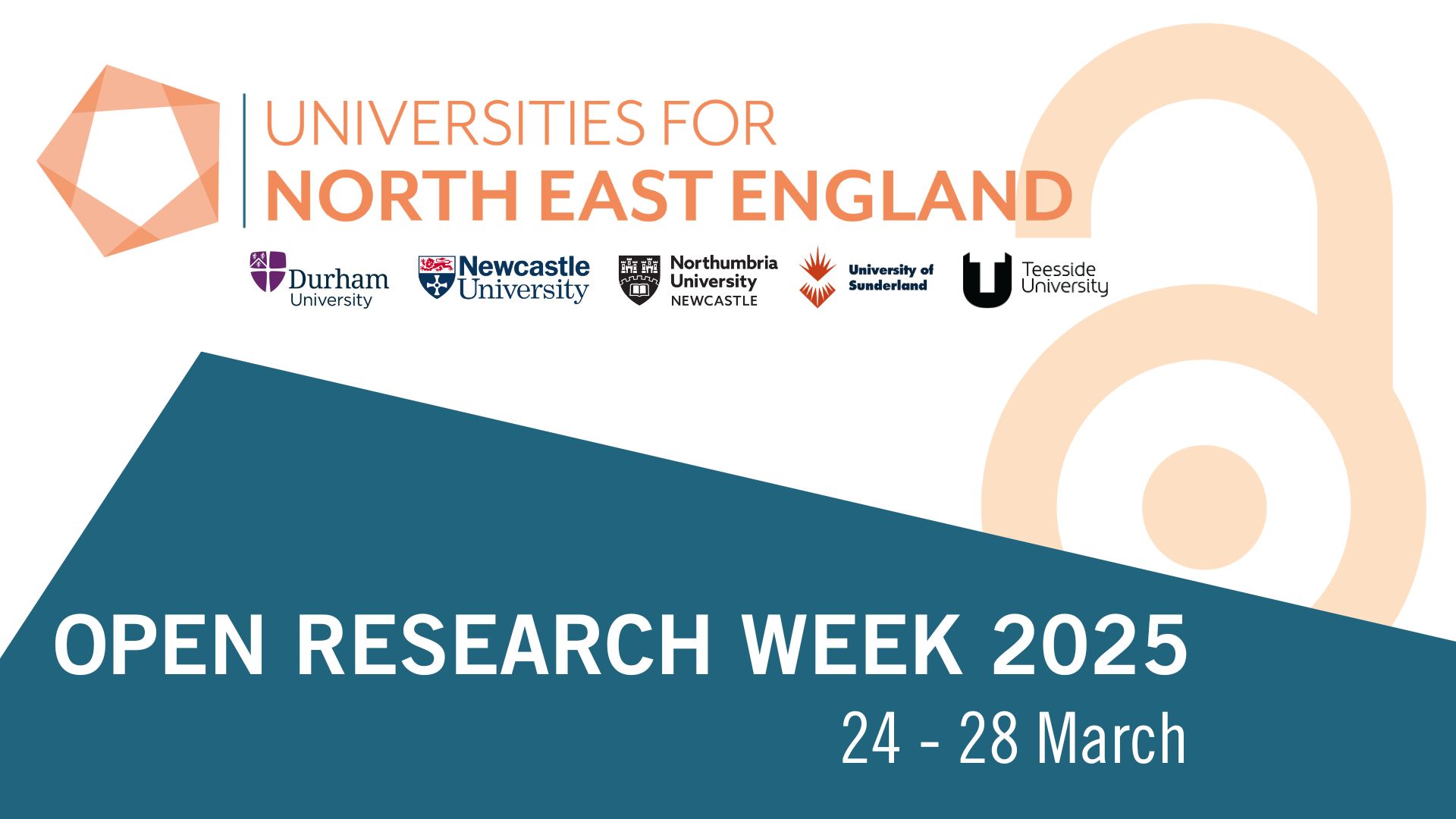Diaspora Reads: Community, Identity, and Russian Literaturocentrism, written by Dr Angelos Theocharis from the Newcastle University School of Arts & Cultures, has been published open access (OA), by Modern Humanities Research Association/Legenda https://www.mhra.org.uk/publications/Diaspora-Reads
Diaspora Reads explores the role of literature and reading practices in the community life of Russian-speaking migrants in Britain. Russophone culture abounds with myths about the special mission of literature and the writer in society. The broader cultural myth of Russian literaturocentrism encompasses the sacralisation of highbrow literature, the idolisation of authors as heroes and martyrs, and the idealisation of avid readership. In the diaspora, literaturocentrism takes on a new form, retaining elements of the Russian and Soviet tradition while primarily responding to the needs of migrant readers.
Following the discussions, games, and celebrations of a community book club in London, Diaspora Reads demonstrates how collective reading enables migrants to shape shared cultural identities, forge communities, build a long-distance relationship with their homelands, and become members of a global network of readers.
Angelos Theocharis is a Leverhulme Early Career Fellow at the Department of Media, Culture, Heritage at Newcastle University. Diaspora Reads is his first monograph.
This is the second book published at Newcastle as a result of the UKRI open access policy for long-form publications, with open access costs covered by UKRI funding. You can read more about the first edited book Pushing the Paradigm of Global Water Security, published in October 2024.
The UKRI open access policy aims to ensure that findings from research funded by the public through UKRI can be freely accessed, used and built upon. The policy was updated at the beginning of 2024 from previously focusing on peer-reviewed research articles to now include long-form outputs, namely book chapters, monographs and edited collections.
Full details of the UKRI open access policy and how we in Library Research Services can support you to publish open access can be found on our UKRI Policy for long-form publications page.
If you have any questions or concerns about the policy, and how this might affect any current or future publications, please contact openaccess@ncl.ac.uk.





